Applied Biodiversity
Main focus of the research has been in the areas of Applied Biodiversity using an integrative approach that has helped in tapping bio-resources from wilderness to mining 'omics'. Of particular interest are the members of the family Zingeberaceae and certain non-edible oil plants occurring in North East India and in particular Assam. The work has laid foundation for news ways to detect, authenticate, protect and use biodiversity.
Genome Mining and Marker Development:
Since the selected plants are of wide medical importance and have greater economic significance, genomic and molecular authentication are being carried out for these species. This is important for species delineation, planning genetic diversity studies, breeding and sequencing. Techniques like Flow cytometry are used for genome size characterization.
| Collection, Documentation & Propagation |

 |
|
Phylogenetic Relationship Assessment |
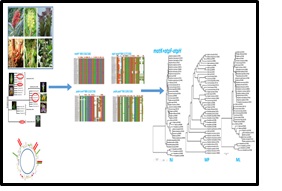
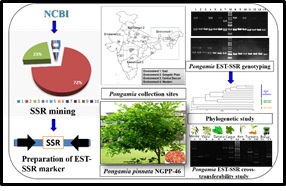 |
|
Plastome Sequencing & New Marker Development |
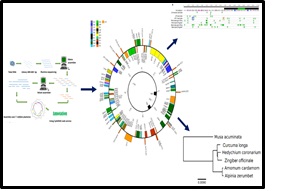
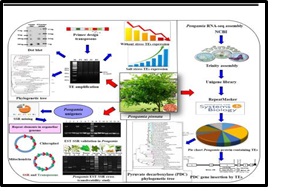 |
|
Dynamics of Chromosome Number & Nuclear DNA Content |
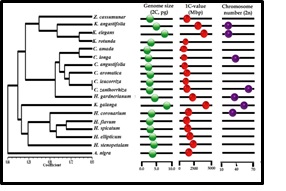
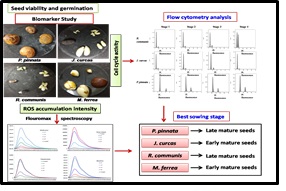 |
Natural Product Research:
There have been reports were the extracts of many medicinal plants are widely used in Ayurveda for various formulations and by the native people. Our group further explores the individual secondary metabolites of selected plants occurring in Assam that are responsible for the potency of the extracts. These compounds are tested against pathogenic microbes, cancerous cell lines, human proteins and so on. Apart from their bioactivity, their physical, chemical and spectroscopic properties are also being studied.
|
Mining of Bioactive
Molecules |
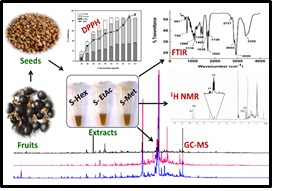
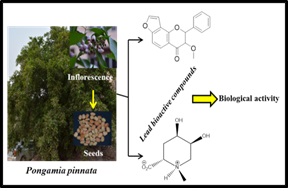 |
|
Physical, Chemical &
Spectroscopic Properties |
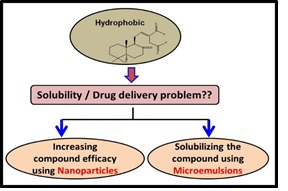
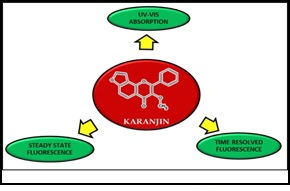 |
|
In- silico &
In-vitro Studies |
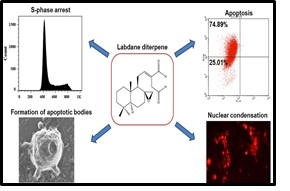
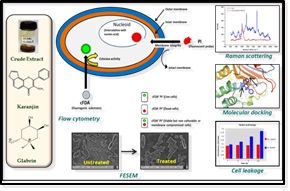 |

